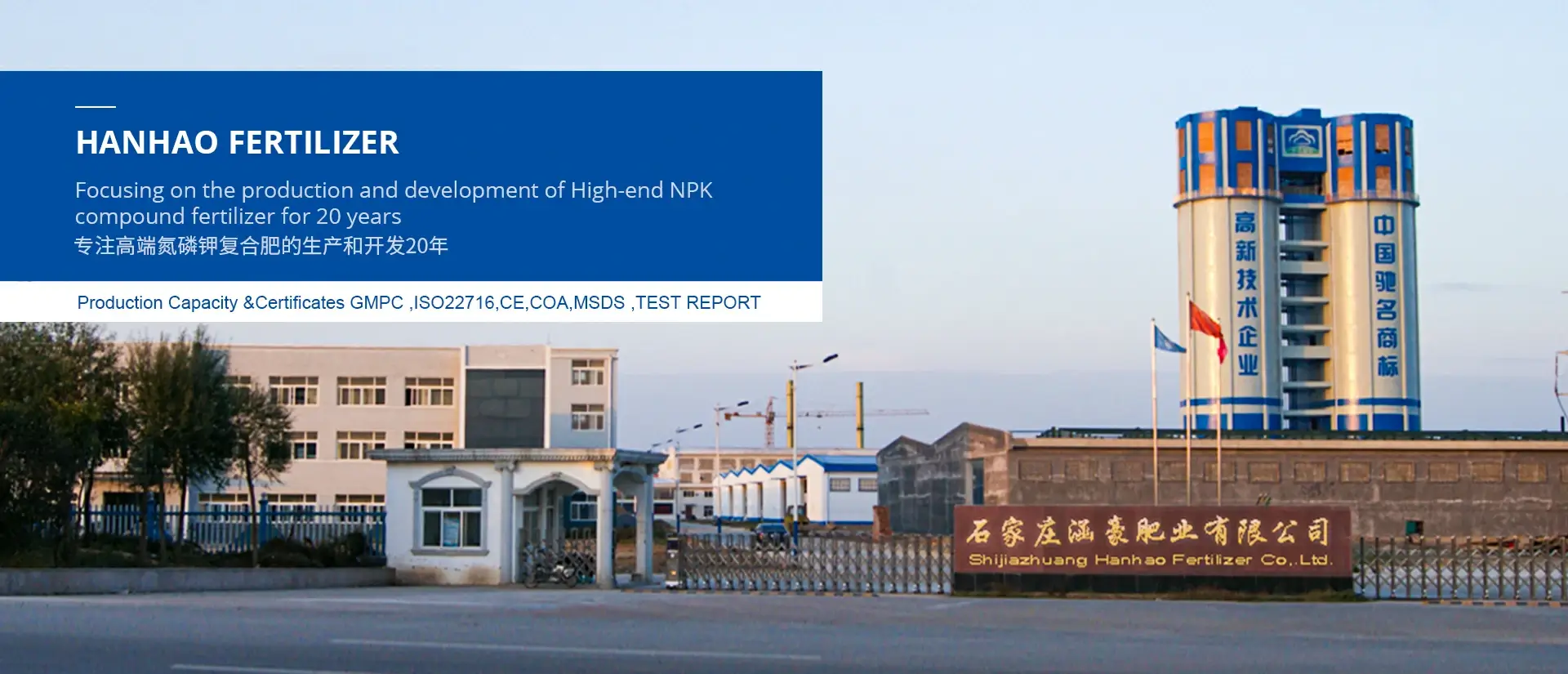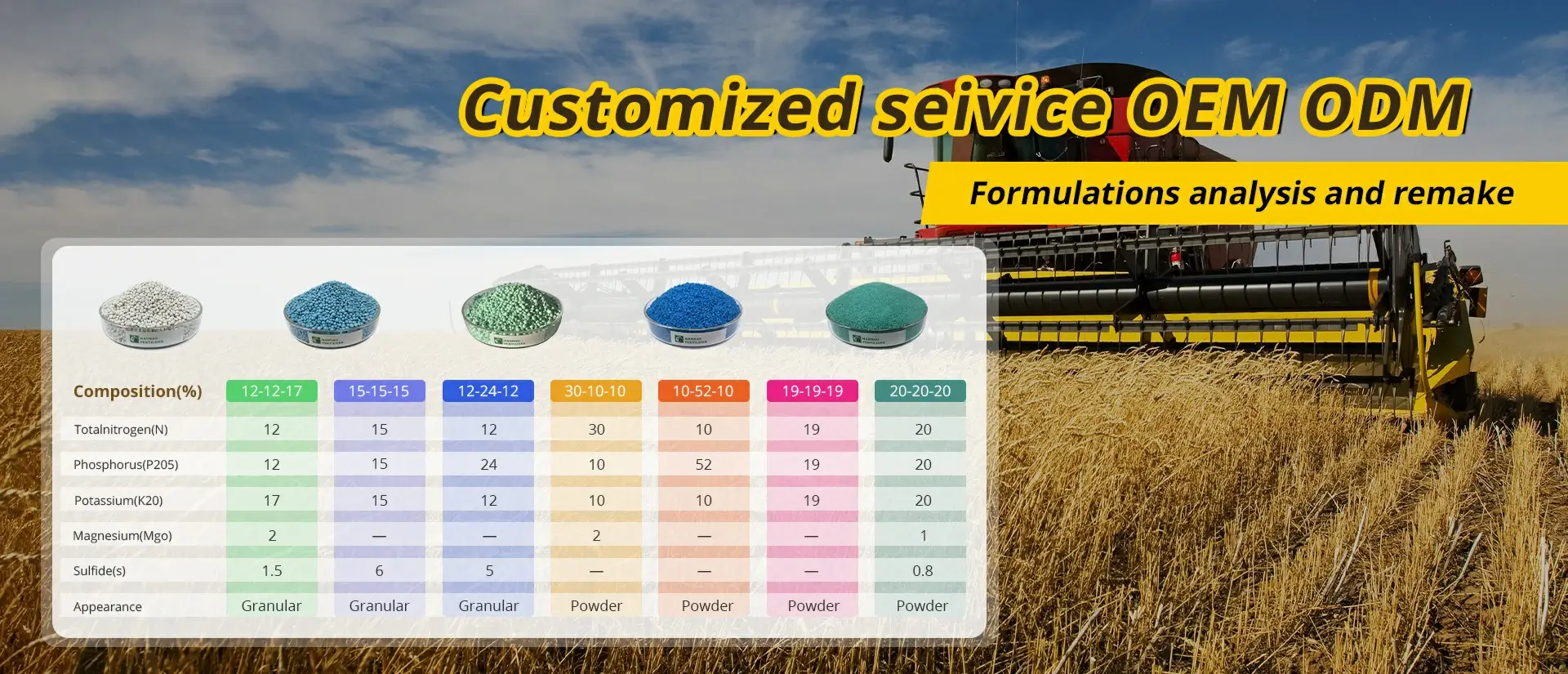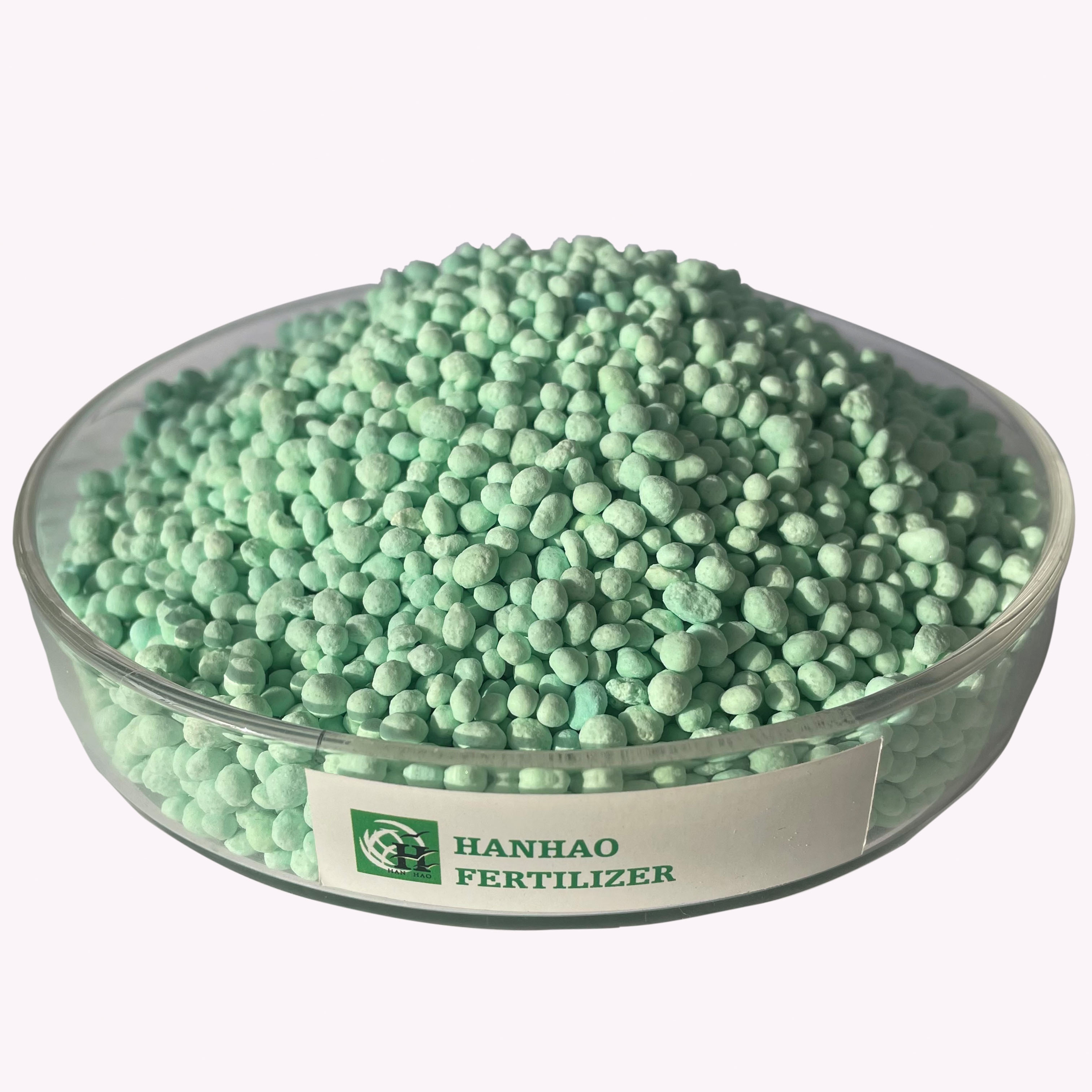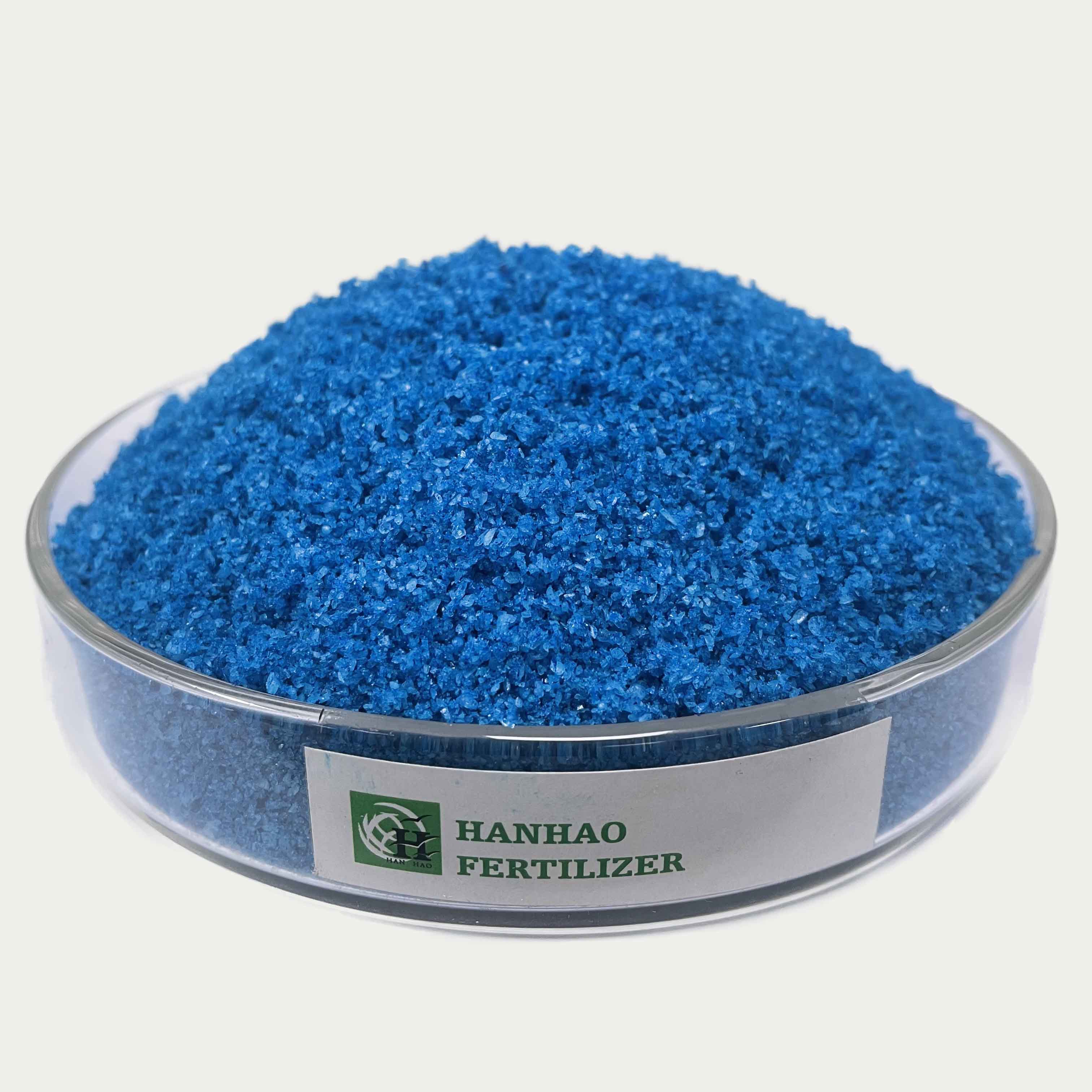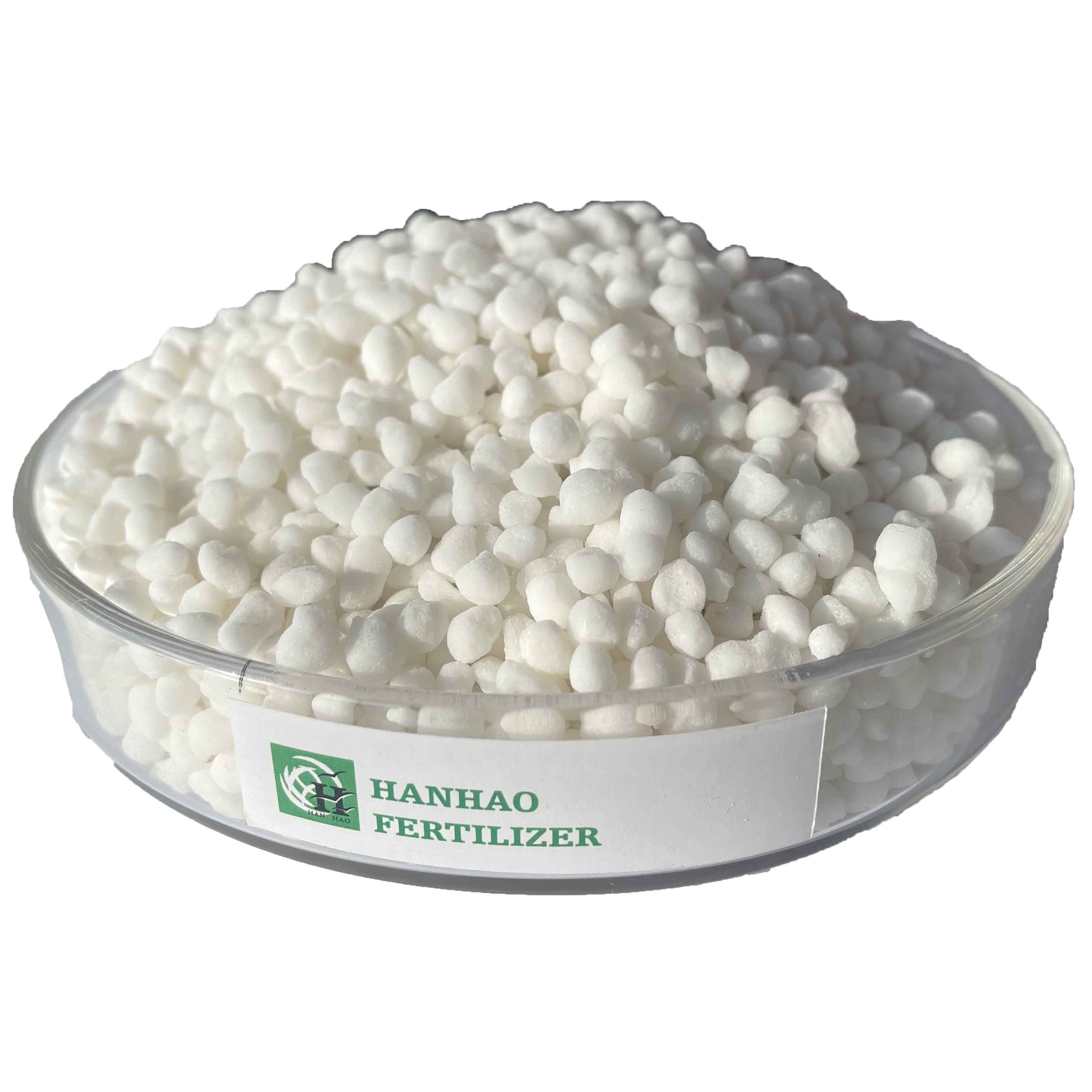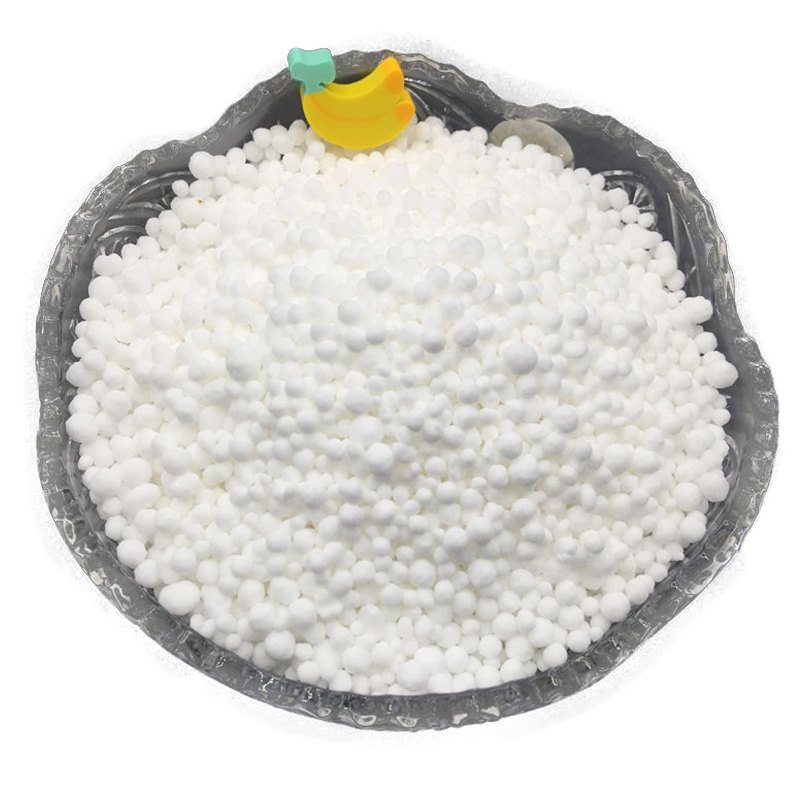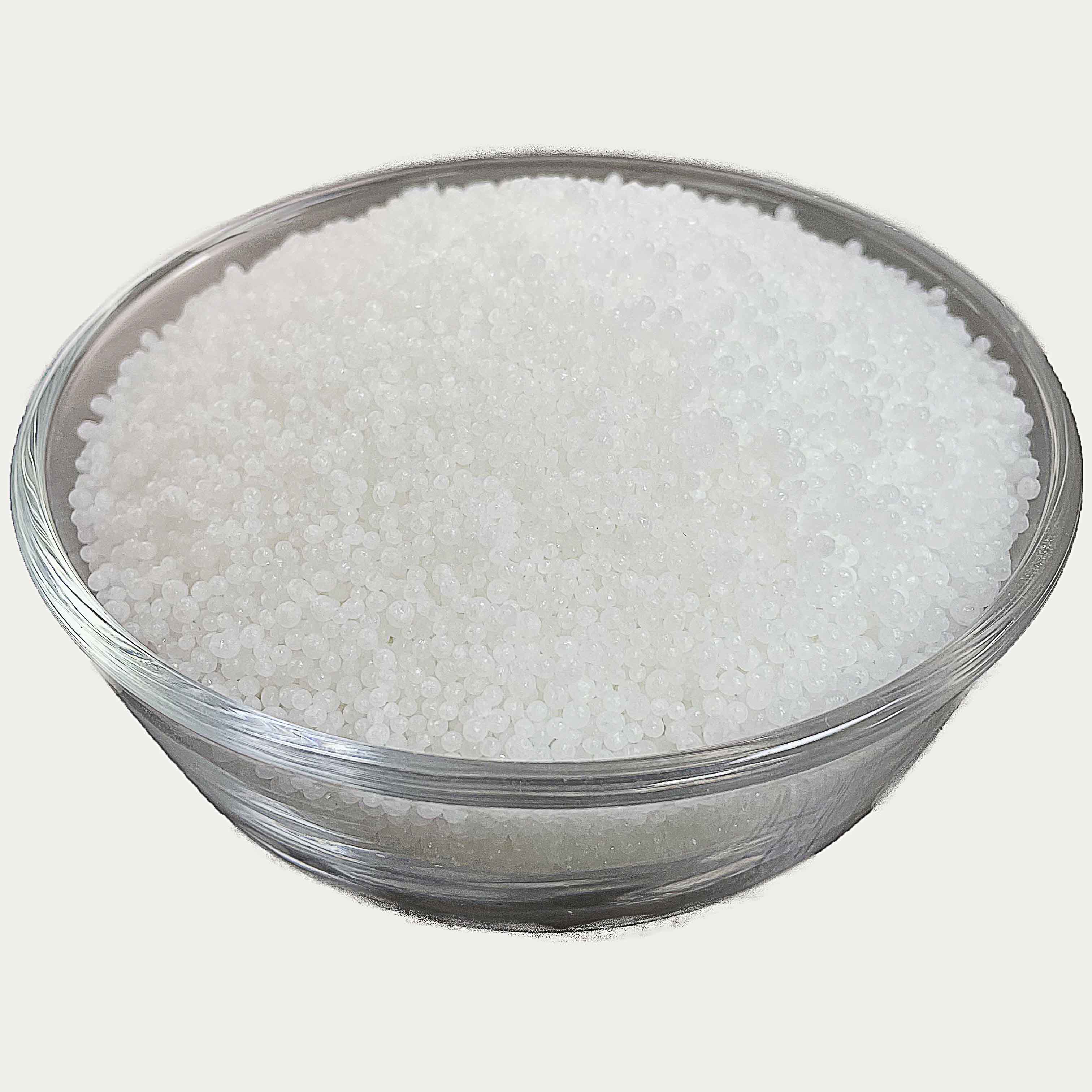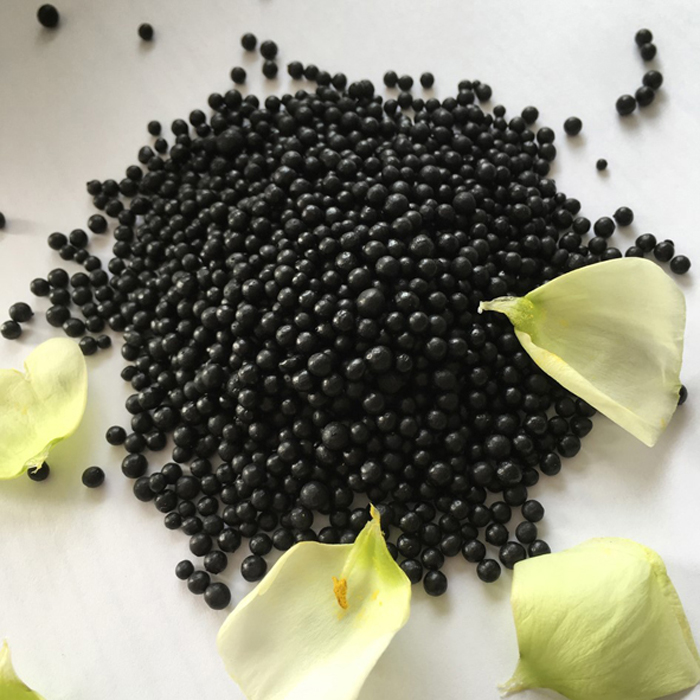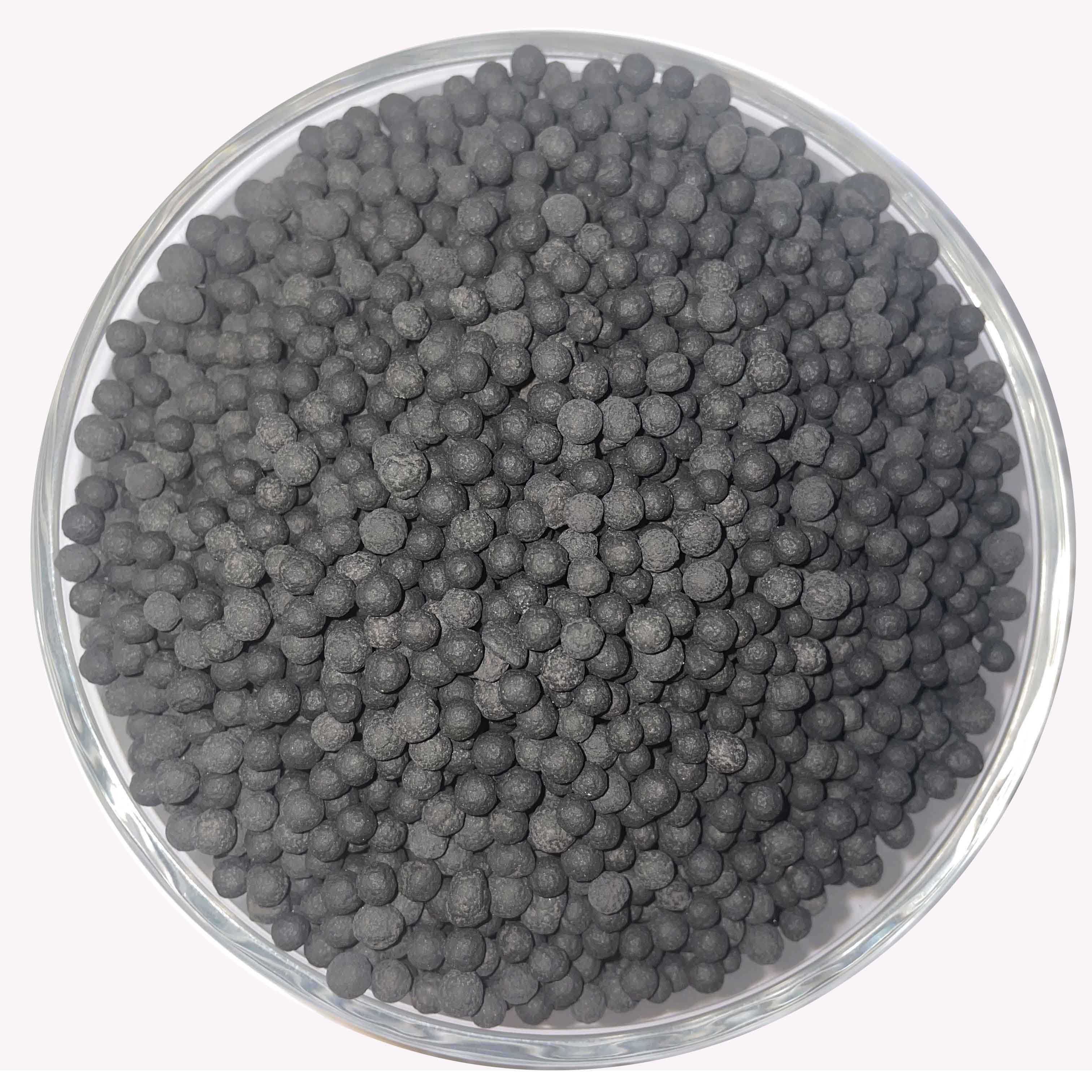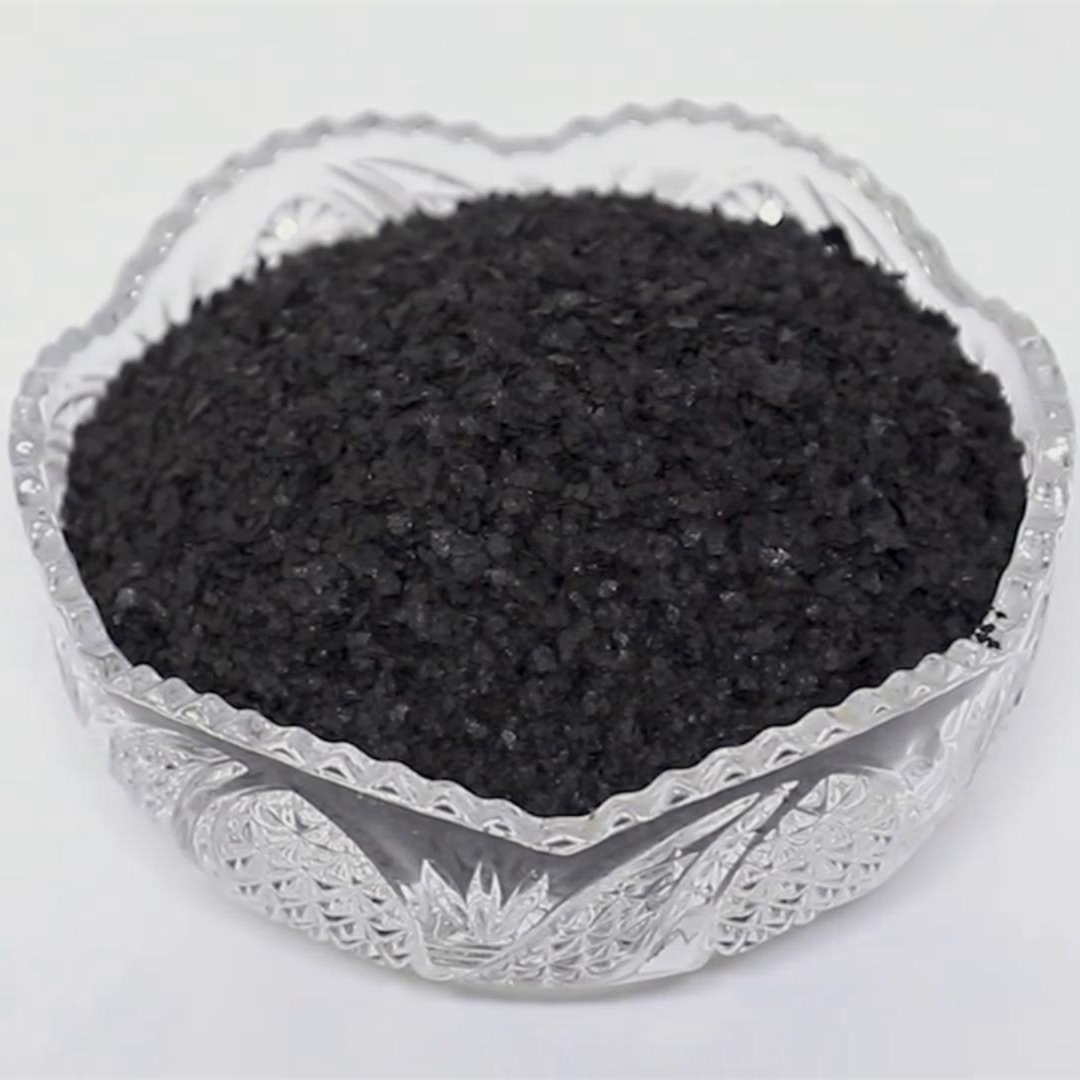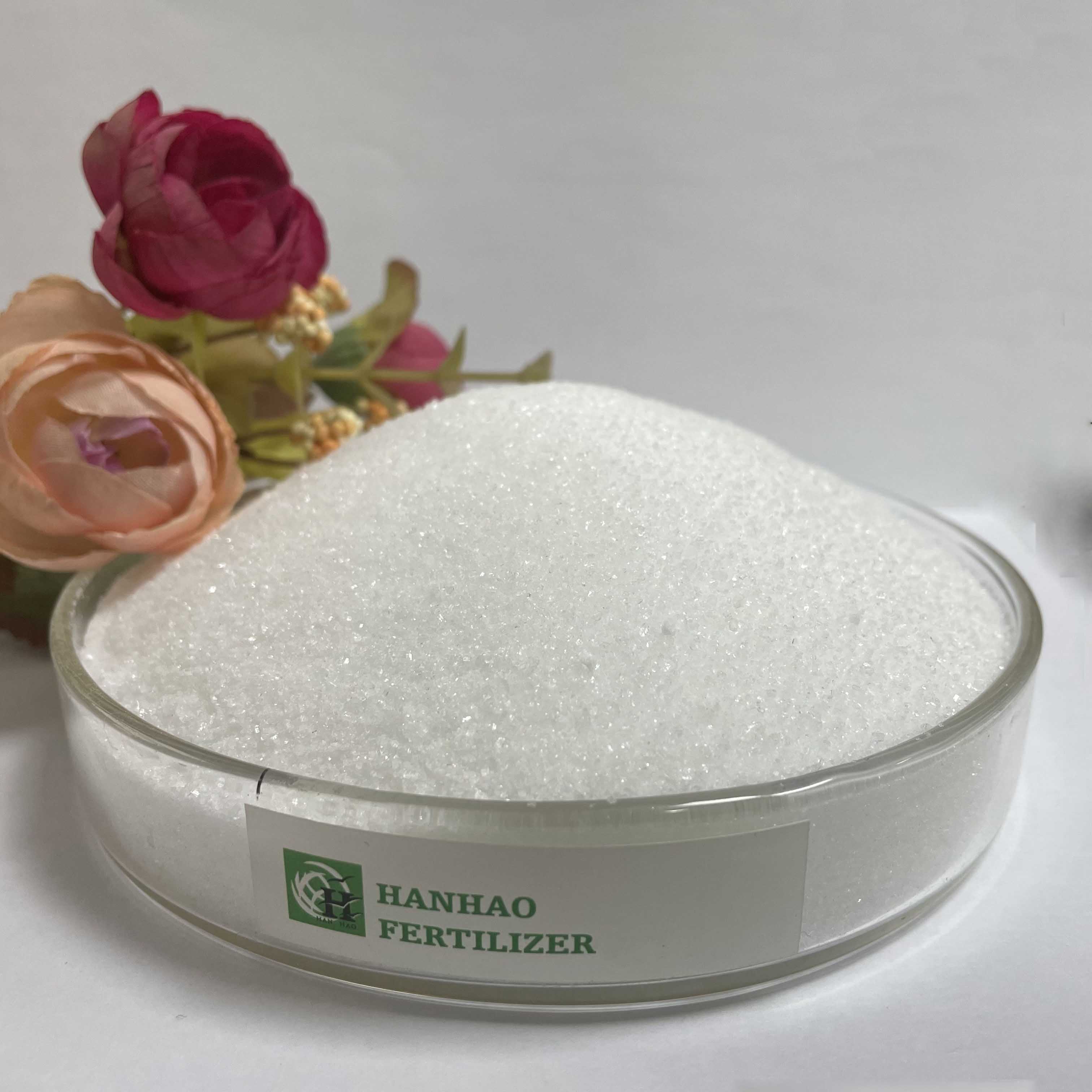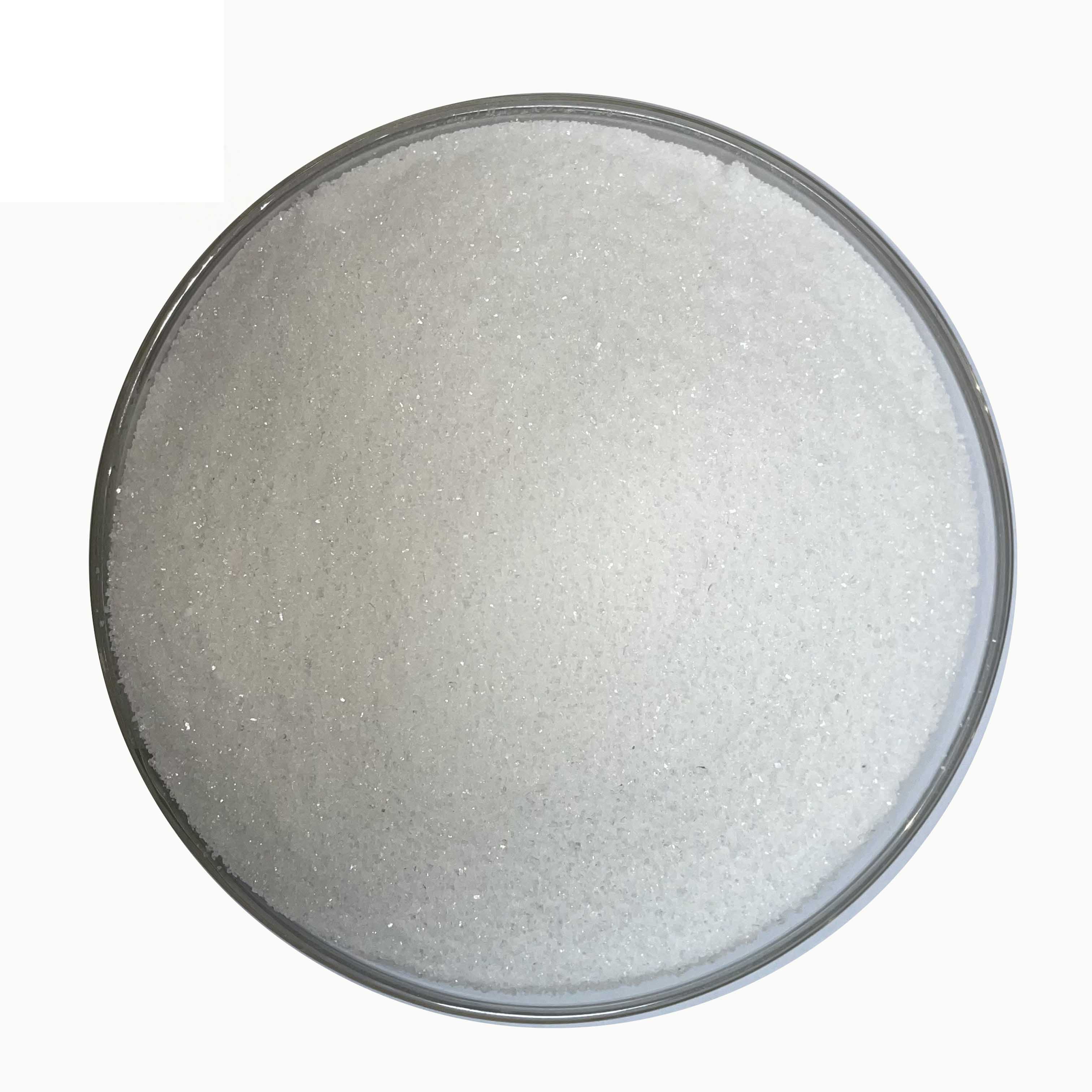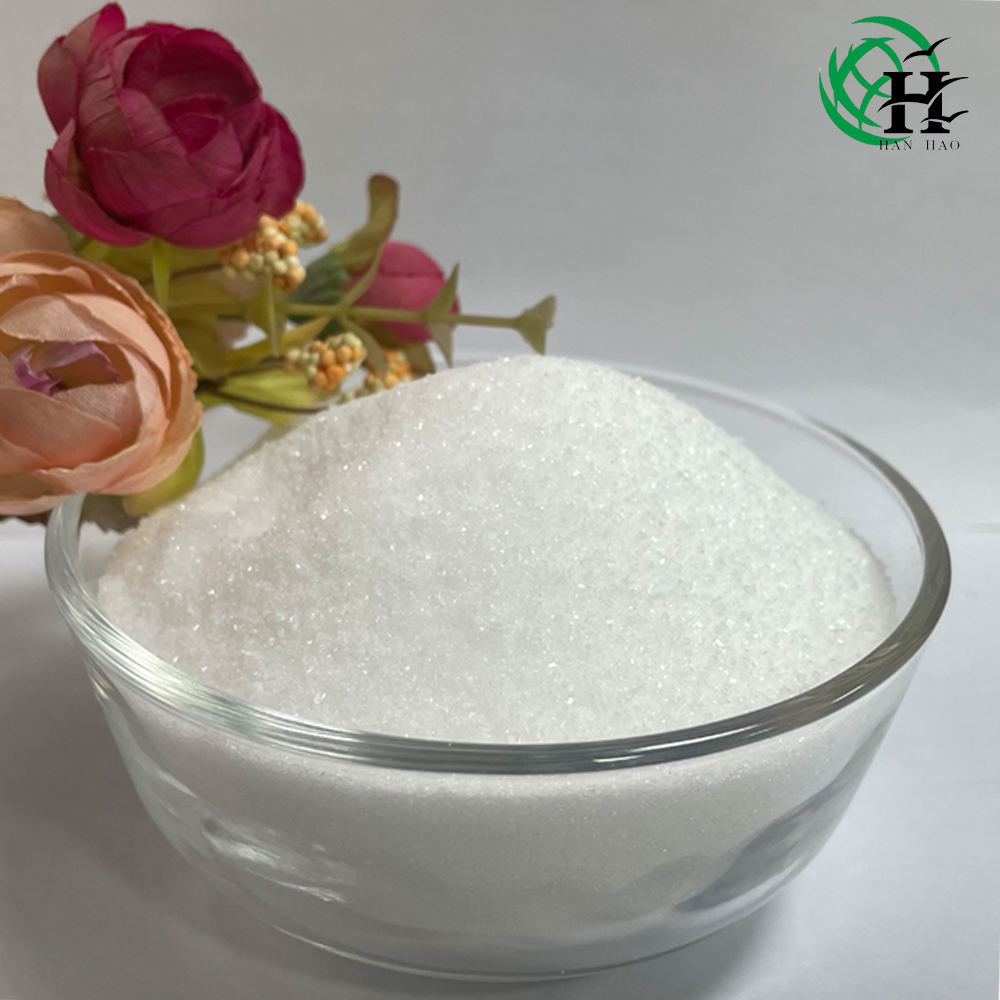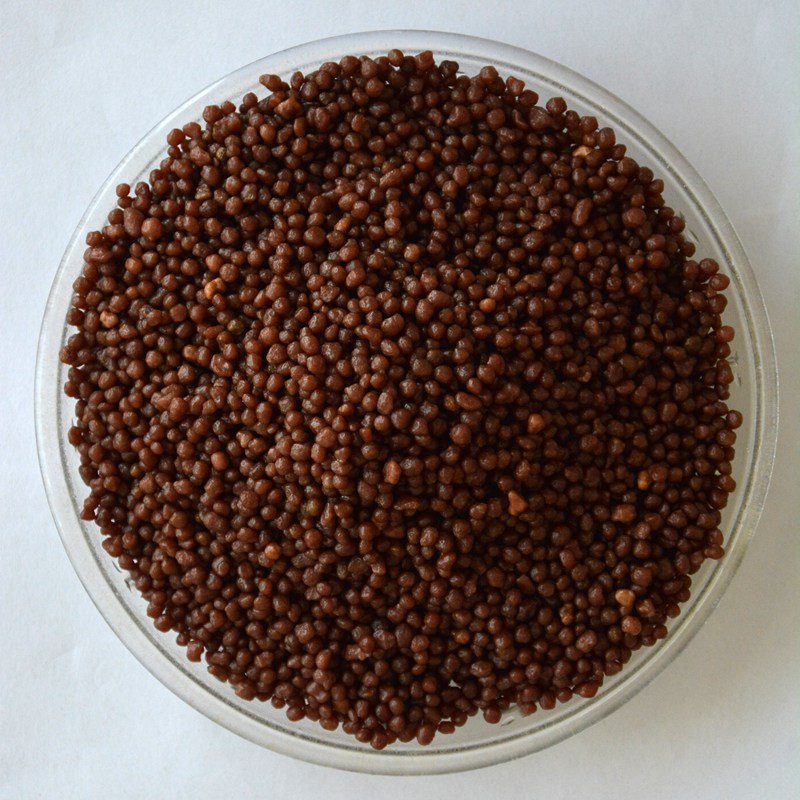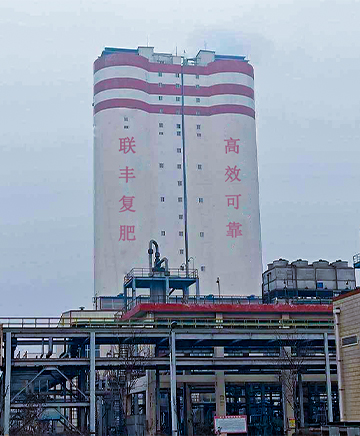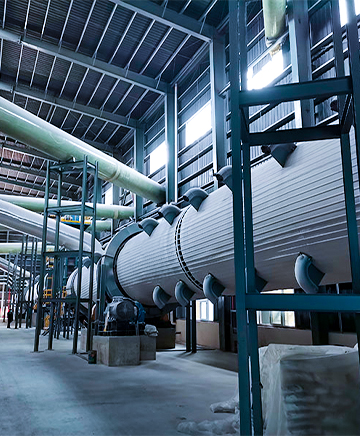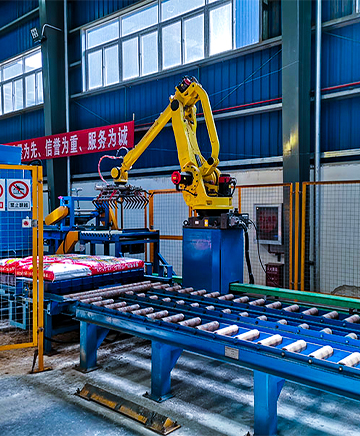we’ll ensure you
always get best
results.
contact usGO
HanHao implements the quality policy of "Customer is primacy, honesty is root, scientific management, quality and high efficiency". From the regular management of enterprise, we focus on our customers and work on the improvement of staff quality and development of the international market. We shall make great efforts to realize that "In conduct: sincere,cooperative and eager to learn; in work: meticulous, innovative and striving for excellence." We will always adhere to the honest and credible managing style, and remain the most reliable partner of customers..
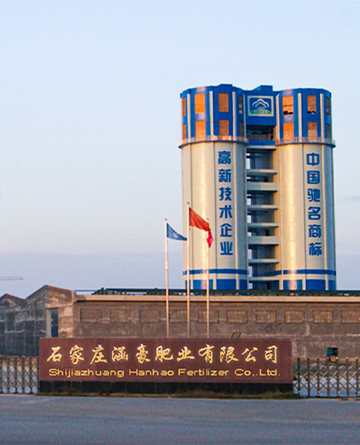
explore our main product
The total area of our factory is more than 70,000 square meters.We own three advanced automatic technique produce lines of NPK fertilizer,urea,BB fertilizer and one Multi-function test lab.The total investment is ¥150 million and annual production capacity is 600000MT.Our mainly products are NPK fertilizers,BB fertilizers,organic Fertilizers,Urea,Ammonium Sulphate,Potassium Humate,DAP,SOP etc.
we advice to choose
a right decision
- our products
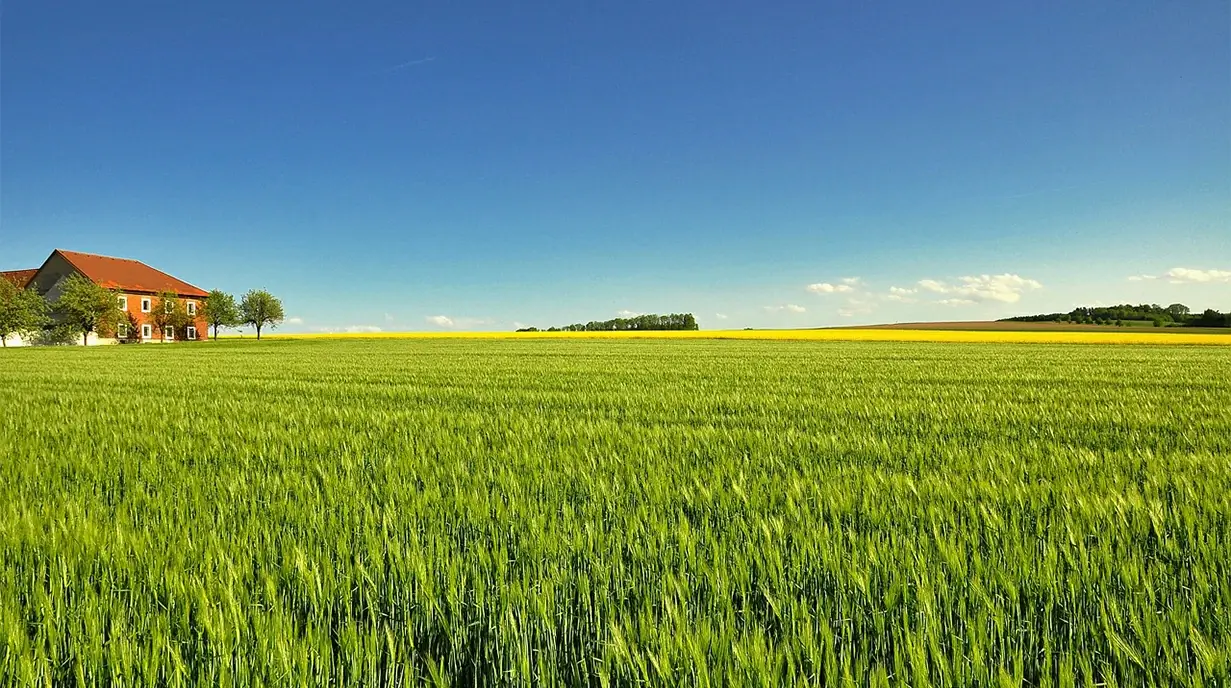
we’ll ensure you always get
best results.
-

1000 cooperative partner
-

302 Professional Staff
-

30 Years Of Experience
-

640 Suppliers
latest case studies
Inquiry for pricelist
Since its establishment, our factory has been developing first world class products with adhering the principle of quality first. Our products have gained excellent reputation in the industry and valuabletrusty among new and old customers..
submit nowlatest news & blogs
view more-
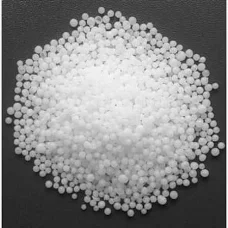
Potassium Fertilizers: Muriate of Potash or Sulfate of Potash?
Potassium (K) is an essential nutrient required by plants in large quantities. Potassium does not become part of the many complex organic molecules in the plant. It moves and performs many of its functions as a free ion, such as regulating plant water pressure, activating enzymes, balancing electrical charges, transporting sugars and starches, and more.1 Potassium fertilizers are mined from a variety of geologic potassium salt deposits around the world, some of the richest are in the Canadian province of Saskatchewan. The salts are processed to remove impurities and converted to a variety of fertilizers. Two of the most popular potassium fertilizers derived from these salt deposits are potassium chloride and potassium sulfate. The term “potash” is a general term that is often used to refer to a variety of potassium fertilizer salts or sometimes more specifically to potassium chloride, the most widely used potassium fertilizer. Potassium chloride is referred to as “muriate (meaning chloride) of potash” or MOP, while potassium sulfate is sometimes called “sulfate of potash” or SOP.2,3Read News -
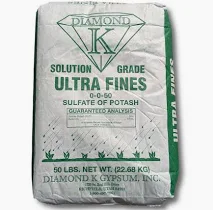
The Importance of Potassium in Fertilizer
Losing a lawn to the stress of summer heat or the cold of winter can be very frustrating to homeowners and lawn care professionals alike. As a professional, you might spend hours tending to your customers’ lawns just for them to die off during a stressful season. As a turf-care professional, the overall goal should be lawn (and soil) health since a healthy lawn will give you the color, growth, and durability your customers are looking for. Contrary to what some people might think, the green color of the lawn in the summer or winter does not necessarily guarantee the health of the lawn. The health and success of the lawn during a stressful season is more dependent on less visible factors, like its access to and use of potassium, than many landscapers consider.Read News -
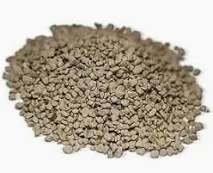
ROLES OF POTASSIUM IN PLANTS
Potassium is an essential plant nutrient, one of the three macro-elements required by plants in relatively large quantities – nitrogen, potassium and phosphorus (NPK). What are the roles of potassium in plants? How does potassium affect plant performance?Potassium enhances crop yields and quality in different ways. For example, it increases sugar content in fruits, size of vegetable crop fruits, protein content in cereals, helps maintaining longer shelf life, improves plants’ resistance to diseases and to drought and more.Read News

